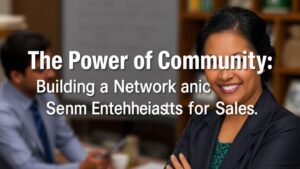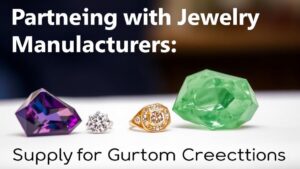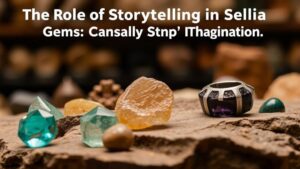Creating Fossil and Gem Workshops: Teaching Enthusiasts While Selling Your Finds
Creating Fossil and Gem Workshops: Teaching Enthusiasts While Selling Your Finds
For rockhounds and mineral collectors, the allure of fossils and gems extends far beyond mere collection; it is an opportunity to engage with a community of like-minded individuals while putting expertise to profitable use. Establishing fossil and gem workshops can serve dual purposes: educating enthusiasts about these natural wonders and providing a marketplace for selling your finds. This article explores the essential components of creating successful workshops, beneficial strategies, and profitable avenues for rockhounds and mineral collectors.
Understanding the Market Demand
The first step in creating a successful workshop is to understand the market demand. According to the Geological Society of America, the hobby of mineral and fossil collecting has gained significant traction over the years. The growth rate for this niche market is approximately 7.4% annually, with more people pursuing fossil hunting and mineral collecting as a hobby. Events like gem and mineral shows attract thousands of attendees each year, underscoring the interest in these areas.
Educators and workshop leaders can leverage this interest by catering to various segments, including:
- Beginners who are eager to learn about collecting.
- Advanced collectors seeking advanced techniques or specific topics.
- Students and educators wanting to incorporate hands-on science into the classroom.
Setting Up the Workshop
To create an effective workshop, several logistical steps should be taken:
- Location: Ideally, choose a space that is large enough to accommodate all participants and suitable for hands-on activities, like a community center or a dedicated room in a local geological museum.
- Equipment: Ensure that you have the necessary tools, including rock saws, drills, polishing tools, and safety equipment such as goggles and gloves. For gemstone workshops, you might also need a faceting machine.
- Materials: Collect a variety of fossils and gemstones that attendees can work with. Make sure to have specimens of different complexities, allowing everyone to find something suitable for their skill level.
Curriculum Development
A well-structured curriculum is vital for providing a comprehensive learning experience. Consider including topics such as:
- Fossil Identification: Teach attendees how to identify different fossil types, explain the processes of fossilization, and discuss the geological time scale.
- Gemstone Properties: Cover intrinsic properties of gems, including hardness (Mohs scale), luster, and refractive index.
- Collecting Techniques: Educate participants on responsible collecting practices and the ethical implications related to fossil and gem sourcing.
Connecting with the Community
Networking is essential in the rockhounding community. Collaborate with local clubs, universities, and museums to expand your reach and enhance credibility. Partner with experts in geology and minerals to deliver guest lectures and demonstrations, which can elevate the educational quality of your workshop.
Marketing Your Workshops
Effective marketing strategies are crucial for attracting participants. Use the following methods:
- Social Media: Platforms like Instagram and Facebook are effective for showcasing stunning finds and promoting upcoming workshops. Use visually appealing photographs and engaging content to capture interest.
- Email Newsletters: Build a mailing list and provide updates on workshops, including dates, topics, and any guest speakers.
- Community Boards: Post flyers in local libraries, schools, and community centers to attract local enthusiasts.
Offering Sales Opportunities
While educating participants is crucial, providing opportunities to purchase fossils and gems can enhance the overall experience. Consider these approaches:
- Display Gems and Fossils: Set up a display area with items for sale, and ensure they are ethically sourced and well-presented. Provide detailed information on each item, including its origin, age, and unique features.
- Exclusive Sales: Offer workshop participants exclusive early access to new finds at a discounted rate, fostering a sense of community and loyalty.
Actionable Takeaways
Creating workshops focused on fossils and gems can be both beneficial and lucrative for rockhounds and mineral collectors. By understanding market demand, developing a structured curriculum, connecting with the community, using effective marketing strategies, and providing sales opportunities, you can establish a successful workshop that fosters enthusiasm and encourages the growth of this vibrant community. Remember, the key is to create an engaging and educational experience that leaves participants inspired to continue their journey with fossils and gems.



